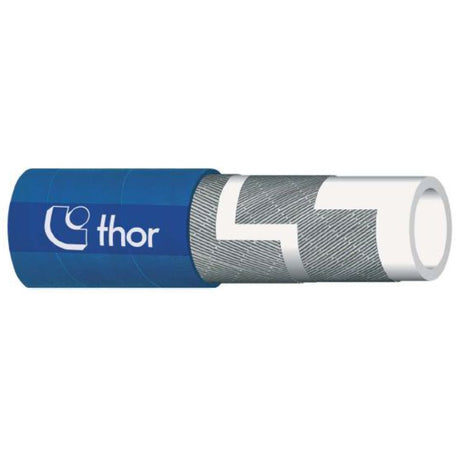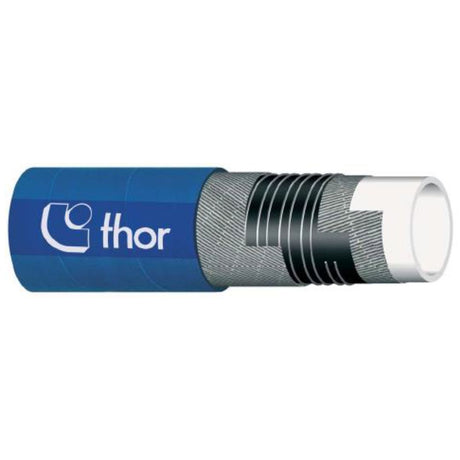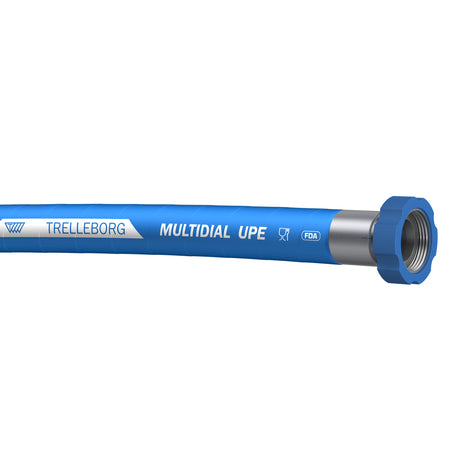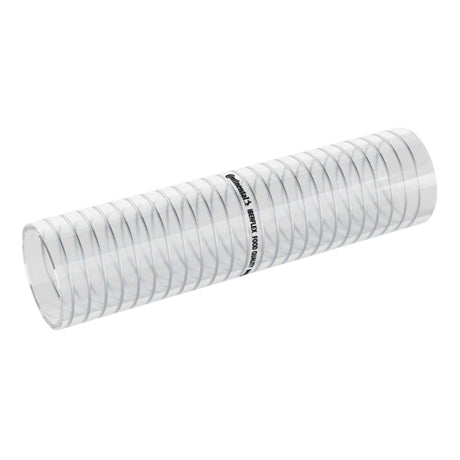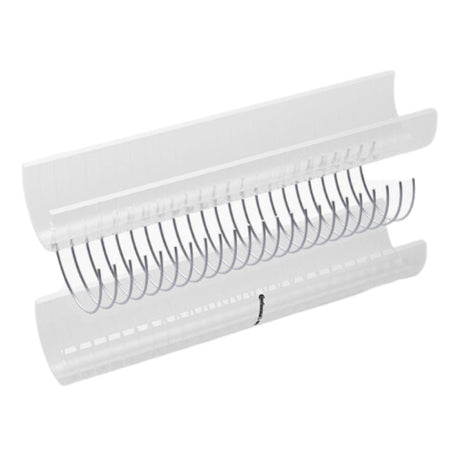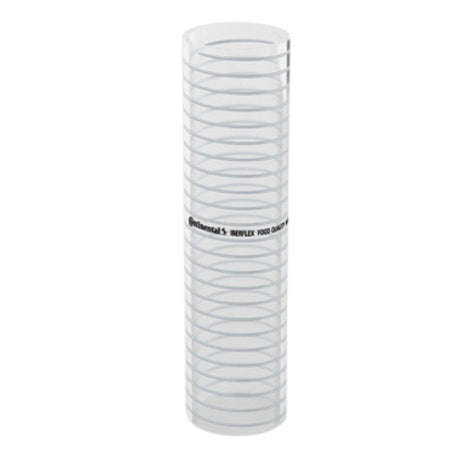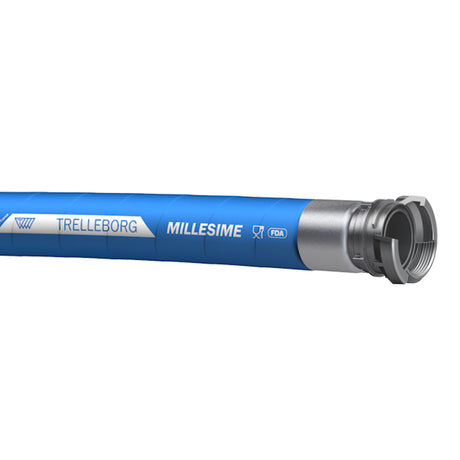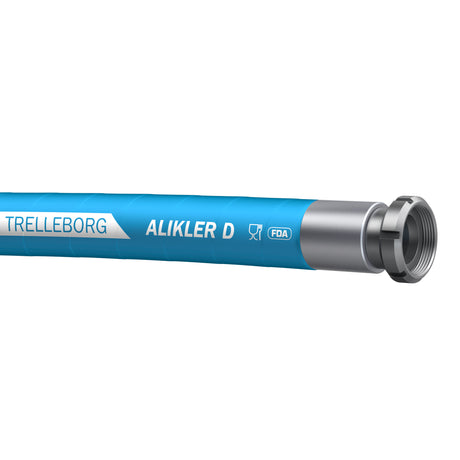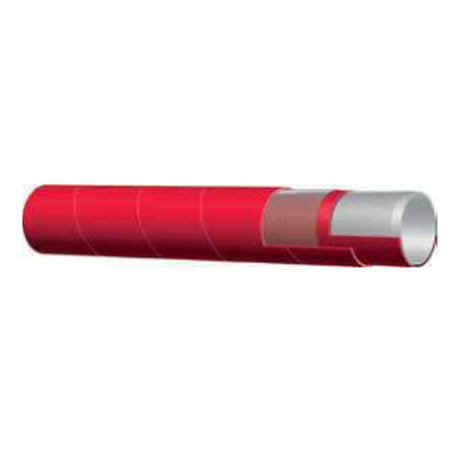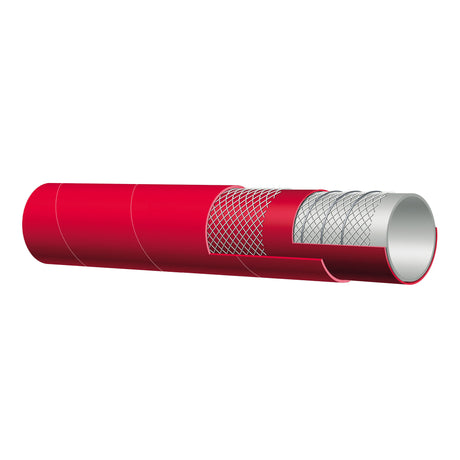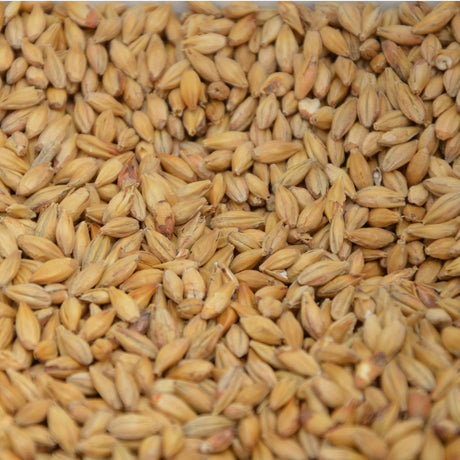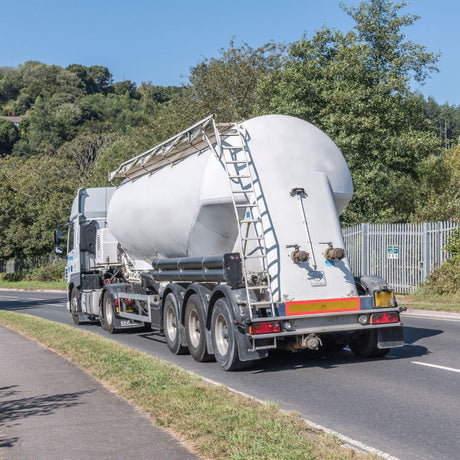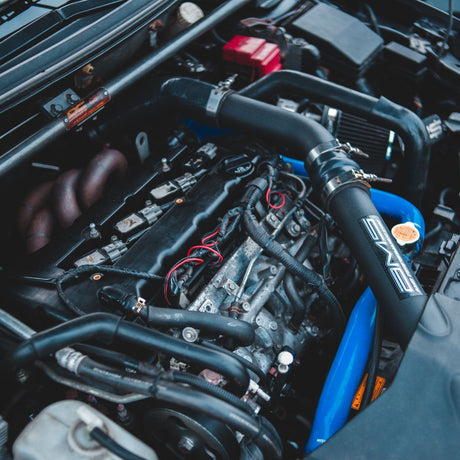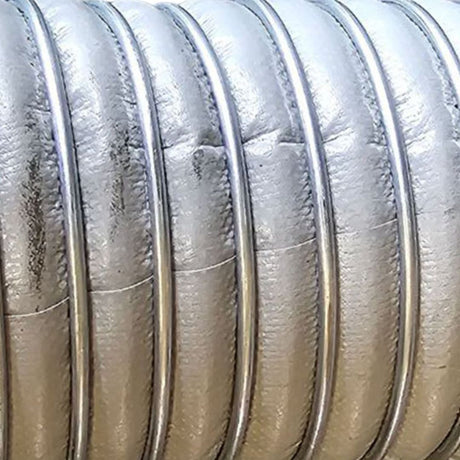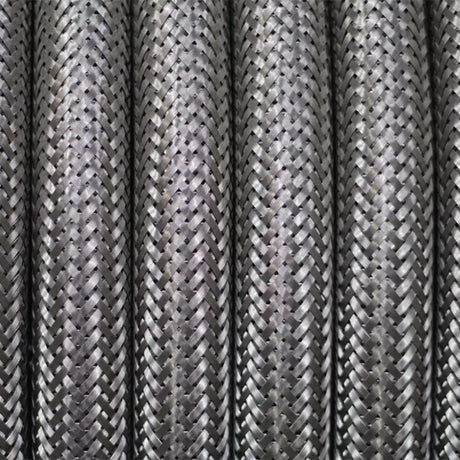
Industrial Hoses
Liquid hoses that are used for transferring fruit juices and non-alcoholic beverages are specifically designed to meet the unique requirements of the food and beverage industry. They are made from materials that are food-grade, non-toxic, and resistant to the acidity and sugar content of the beverages. These hoses are typically constructed from materials like silicone, rubber, or other synthetic polymers that have been approved for contact with food and beverages.
- Best selling
- Alphabetically, A-Z
- Alphabetically, Z-A
- Price, low to high
- Price, high to low
- Date, old to new
- Date, new to old
FiltersFilter & Sort
Thor T373 Oil Resistant Delivery Food Hose 10 Bar (150psi)
Regular price £0.00Unit price /UnavailableThor T5707HF Highly Flexible S&D Food Hose 10 Bar (150 psi)
Regular price £0.00Unit price /UnavailableMultidial UPE Trelleborg S&D Liquid Food Hose 10 Bar (150 psi)
Regular price £0.00Unit price /UnavailableContinental Iberflex S&D Liquid Food Hose
Regular price £0.00Unit price /UnavailableMillesime Trelleborg S&D Liquid Food Hose 10 Bar (150 psi)
Regular price £0.00Unit price /UnavailableAlikler D Trelleborg Delivery Liquid Food Hose 15 Bar (220 psi)
Regular price £0.00Unit price /UnavailableAlfagomma 452LH Delivery Liquid Food Hose 10 Bar (150 psi)
Regular price £0.00Unit price /UnavailableAlfagomma 402LH S&D Liquid Food Hose 10 Bar (150 psi)
Regular price £0.00Unit price /Unavailable
Interested in a Quote?
View Our Industrial Hoses
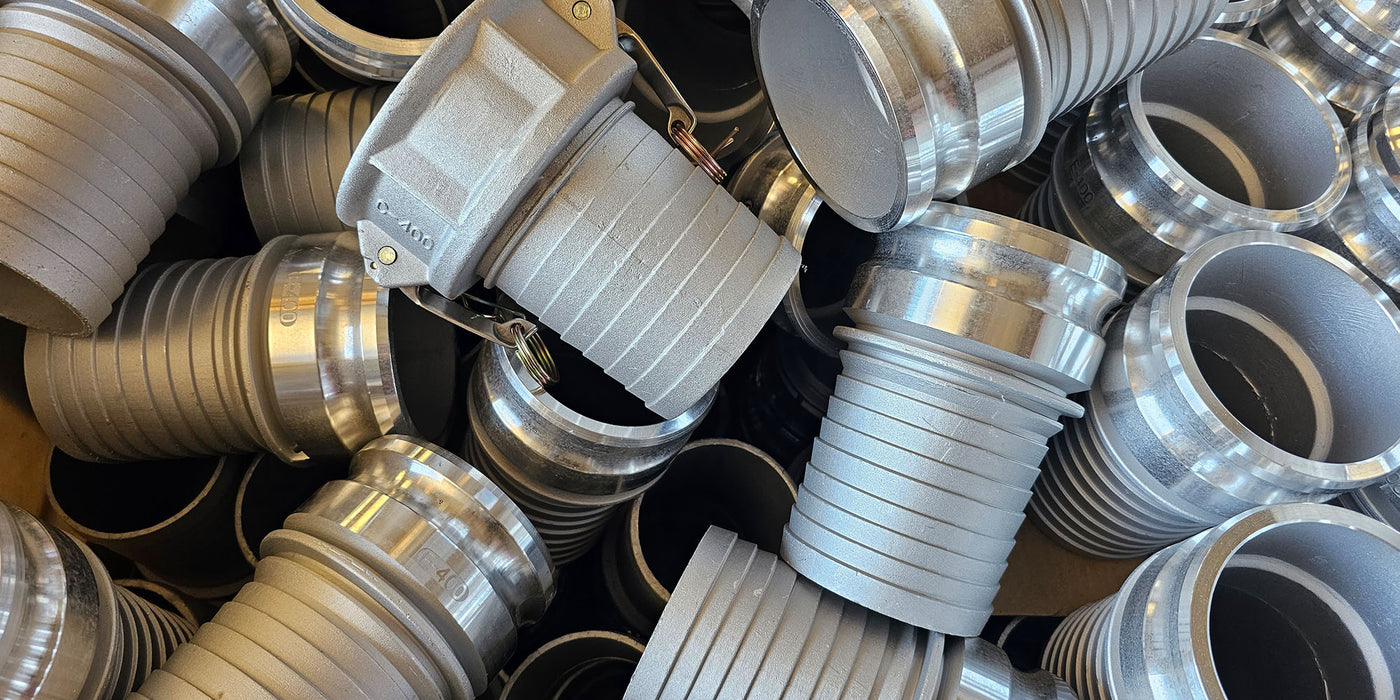
Hose Couplings & Fittings
Hose couplings and fittings are essential components used to connect, adapt, or control the flow of fluid in various hose assemblies. These components can be found in a myriad of applications such as water supply, hydraulic systems, and industrial processes. Couplings come in different shapes, materials, and sizes - ranging from simple clamps and sleeves to more complex quick-connect or threaded fixtures.
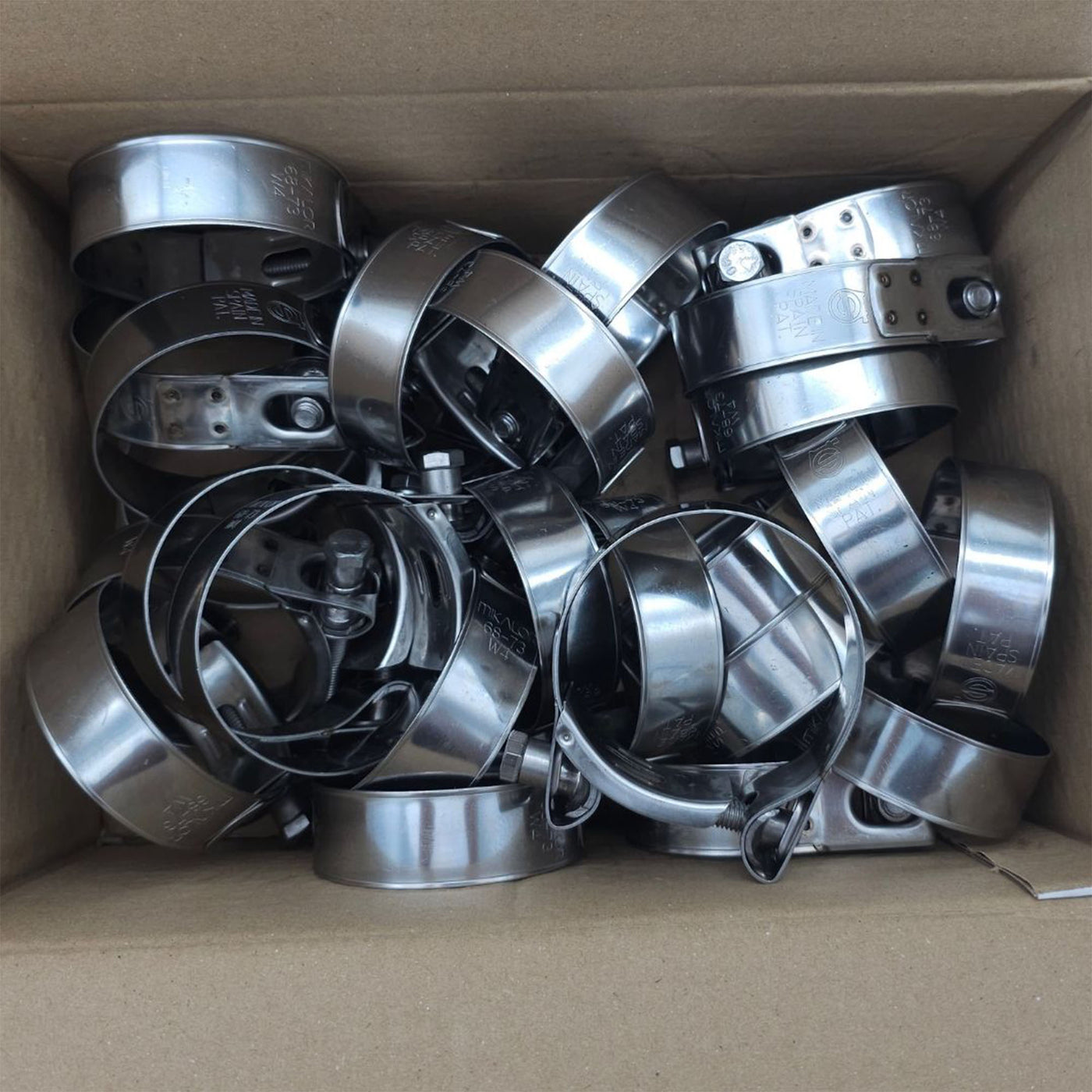
Hose Clips & Clamps
Hose clips and clamps are mechanical devices specifically designed to secure hoses onto fittings, thereby preventing unwanted fluid leakage or detachment. These components are vital in various applications, such as automotive systems, industrial machinery, and plumbing. Made from materials like stainless steel, plastic, or even heavy-duty rubber, hose clips and clamps can range from simple wire forms to more elaborate quick-release or adjustable types.
Shop our Catalogue
- Hoses & Ducting
- Clips & Clamps
- Couplings & Fittings
- Tanker Parts
- Industries
- Assembly
- Industrial Hoses
- Ducting Hoses
- PVC Hoses
- PTFE Hoses
- Hose Accessories
- Hose Manufacturers
- Clips & Clamps
- Clamp Material
- Manufacturers
- All Couplings & Fittings
- Unicone
- Bauer
- BSP
- Camlock
- Guillemin
- Lever Lock
- RJT
- DIN 11851
- Storz
- Tank Wagon
- Toggle
- URT
- Wilcox
- All Tanker Parts
- Hose Carriers
- Valves
- Aeration & Filters
- Bowls, Outlet & Discharge
- Tanker Body Parts
- Chassis Body Parts
- Engine Parts
- Industries We Serve
- Transport & Tankers
- Food & Beverage
- Construction & Quarrying
- Agricultural & Farming
- Chemical & Pharma
- Water & Utilities
- Waste & Environment
- Oil & Fuel
- Automotive
- Hose Assembly
- ID Tagging & Traceability
- Certification & Testing
- Inspection & Maintenance
-
 Bulk Material Hoses
Bulk Material Hoses
-
 Food Safe Hoses
Food Safe Hoses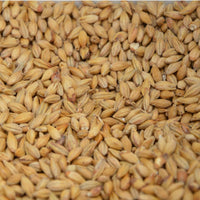
-
 Silo Vehicle Hoses
Silo Vehicle Hoses
-
 Water & Liquid Hoses
Water & Liquid Hoses
-
 Automotive Hoses
Automotive Hoses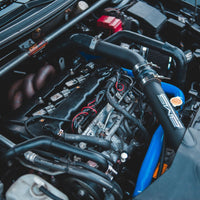
-
 Composite Hoses
Composite Hoses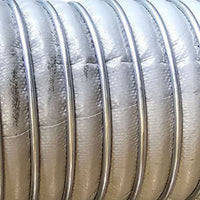
-
 Agricultural Hoses
Agricultural Hoses
-
 Stainless Steel Hoses
Stainless Steel Hoses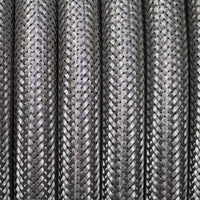
-
 Abrasion Resistant (PU) Ducting
Abrasion Resistant (PU) Ducting
-
 Anti-static Ducting
Anti-static Ducting
-
 Food & Pharma Ducting
Food & Pharma Ducting
-
 High Temperature Ducting
High Temperature Ducting
-
 Ventilation Ducting
Ventilation Ducting
-
 Suction & Delivery Hoses
Suction & Delivery Hoses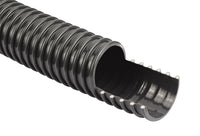
-
 Wire Reinforced Hoses
Wire Reinforced Hoses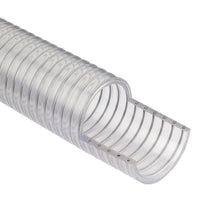
-
 Braided & Tubing Hoses
Braided & Tubing Hoses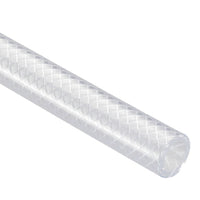
-
 Layflat Hoses
Layflat Hoses
-
 Smoothbore Hoses
Smoothbore Hoses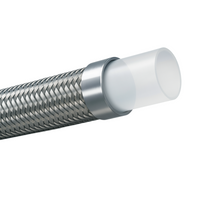
-
 Convoluted Hoses
Convoluted Hoses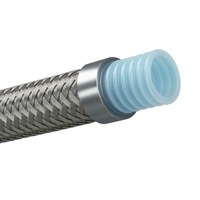
-
 ProFlow (Hybrid) Hoses
ProFlow (Hybrid) Hoses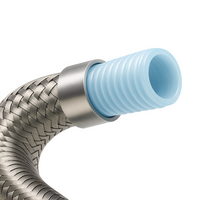
-
 Anti-Scuff
Anti-Scuff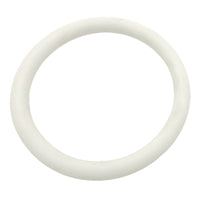
-
 ID Tags
ID Tags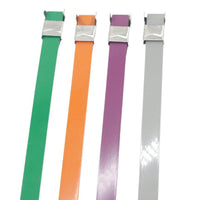
-
 Whipcheck Safety Cables
Whipcheck Safety Cables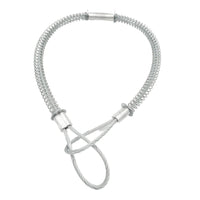
-
 Alfagomma
Alfagomma
-
 Continental
Continental
-
 Copely
Copely
-
 Gollmer & Hummel
Gollmer & Hummel
-
 Griflex
Griflex
-
 IVG
IVG
-
 Masterflex
Masterflex
-
 Thor
Thor
-
 Trelleborg
Trelleborg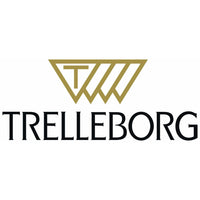
-
 Band-it
Band-it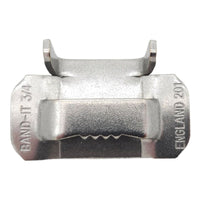
-
 Constant Tension Clamps
Constant Tension Clamps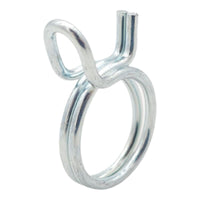
-
 Ear 'O' Clips
Ear 'O' Clips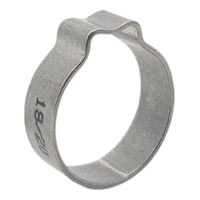
-
 P-Clips
P-Clips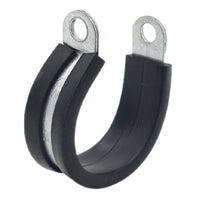
-
 T Bolt Clamps
T Bolt Clamps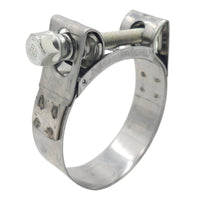
-
 T Screw Clamps
T Screw Clamps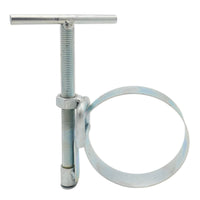
-
 Worm Drive Clamps
Worm Drive Clamps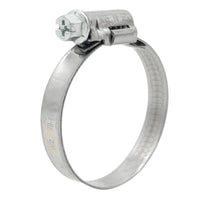
-
 Safety Clamps
Safety Clamps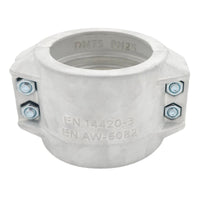
-
 W1 - Mild Steel
W1 - Mild Steel
-
 W2 - Part Stainless (430)
W2 - Part Stainless (430)
-
 W3 - Full Stainless (430)
W3 - Full Stainless (430)
-
 W4 - Full Stainless (304)
W4 - Full Stainless (304)
-
 W5 - Full Stainless (316)
W5 - Full Stainless (316)
-
 Mikalor
Mikalor
-
 JCS
JCS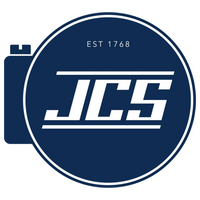
-
 Norma
Norma
-
 Unicone Couplings
Unicone Couplings
-
 Bauer Couplings
Bauer Couplings
-
 BSP Couplings
BSP Couplings
-
 Camlock Couplings
Camlock Couplings
-
 Geka Couplings
Geka Couplings
-
 Guillemin Couplings
Guillemin Couplings
-
 Instantaneous Couplings
Instantaneous Couplings
-
 Lever Lock Couplings
Lever Lock Couplings
-
 RJT Couplings
RJT Couplings
-
 DIN 11851 Couplings
DIN 11851 Couplings
-
 SMS Couplings
SMS Couplings
-
 Storz Couplings
Storz Couplings
-
 Tank Wagon Couplings
Tank Wagon Couplings
-
 Toggle Couplings
Toggle Couplings
-
 URT Couplings
URT Couplings
-
 Wilcox Couplings
Wilcox Couplings
-
 Unicone Blanks
Unicone Blanks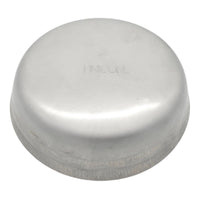
-
 Unicone Clamps
Unicone Clamps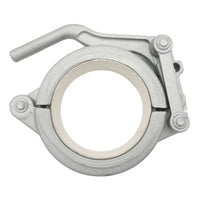
-
 Unicone Hose Tails
Unicone Hose Tails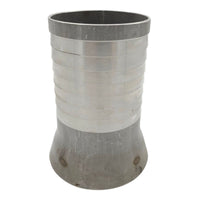
-
 Unicone Elbows
Unicone Elbows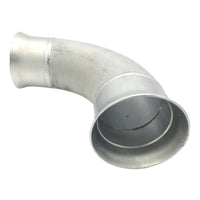
-
 Unicone Adaptors
Unicone Adaptors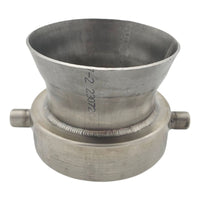
-
 Unicone Seals
Unicone Seals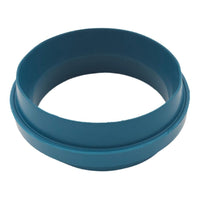
-
 Unicone Threaded
Unicone Threaded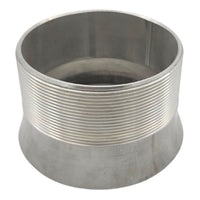
-
 Unicone Weld On
Unicone Weld On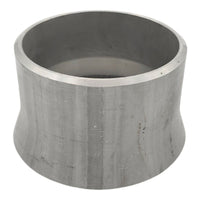
-
 Unicone Parts
Unicone Parts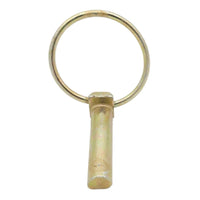
-
 Bauer Blanks
Bauer Blanks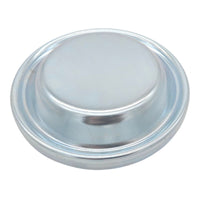
-
 Bauer Hose Tails
Bauer Hose Tails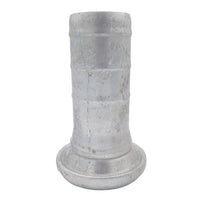
-
 Bauer Adaptors
Bauer Adaptors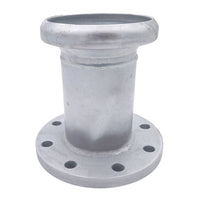
-
 Bauer Bends
Bauer Bends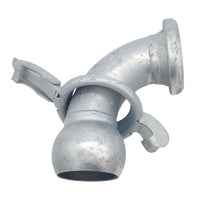
-
 Bauer Seals
Bauer Seals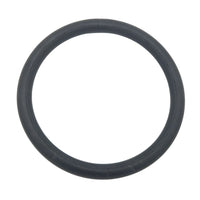
-
 Bauer Weld On
Bauer Weld On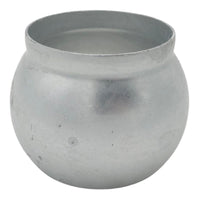
-
 Bauer Strainers
Bauer Strainers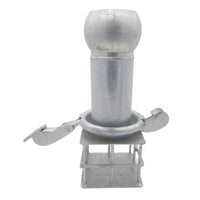
-
 Bauer T-Pieces
Bauer T-Pieces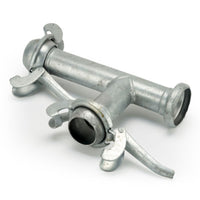
-
 Bauer Y-Pieces
Bauer Y-Pieces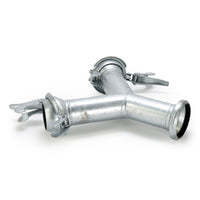
-
 Bauer Parts
Bauer Parts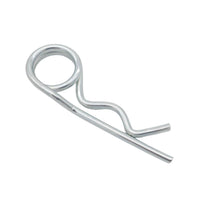
-
 BSP Blanks
BSP Blanks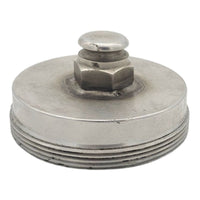
-
 BSP Hose Tails
BSP Hose Tails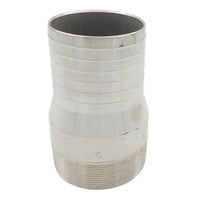
-
 BSP Nipples
BSP Nipples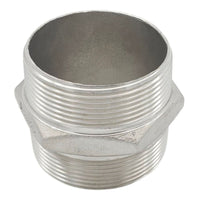
-
 BSP Sockets
BSP Sockets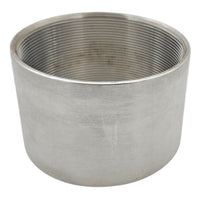
-
 BSP Reducers
BSP Reducers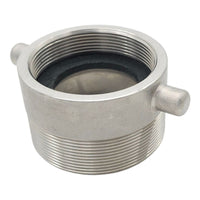
-
 BSP Stubs
BSP Stubs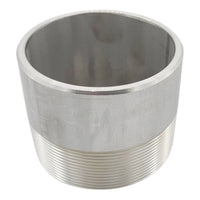
-
 BSP Adaptors
BSP Adaptors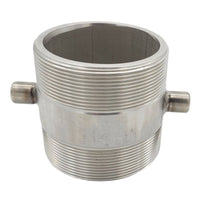
-
 BSP Bends
BSP Bends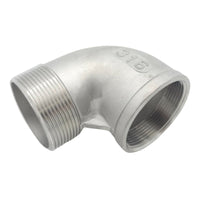
-
 BSP Spanners
BSP Spanners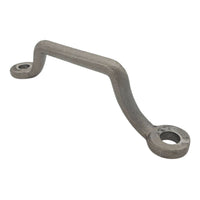
-
 Camlock Blanks
Camlock Blanks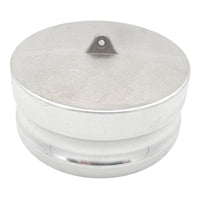
-
 Camlock Hose Tails
Camlock Hose Tails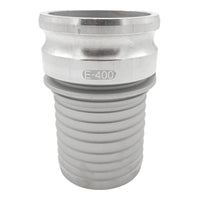
-
 Camlock Adaptors
Camlock Adaptors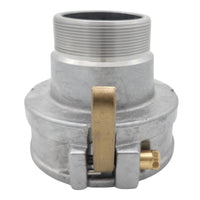
-
 Camlock Reducers
Camlock Reducers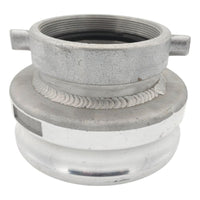
-
 Camlock Seals
Camlock Seals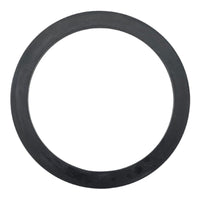
-
 Camlock Parts
Camlock Parts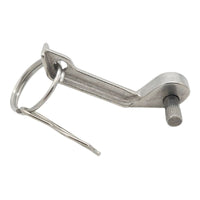
-
 Guillemin Blanks
Guillemin Blanks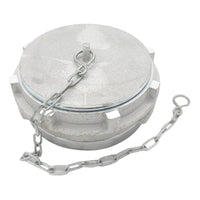
-
 Guillemin Hose Tails
Guillemin Hose Tails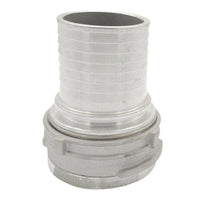
-
 Guillemin Adaptors
Guillemin Adaptors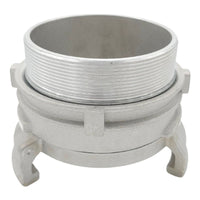
-
 Guillemin Reducers
Guillemin Reducers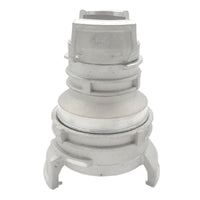
-
 Guillemin Bends
Guillemin Bends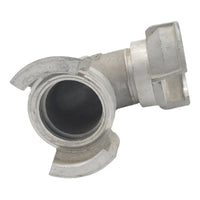
-
 Guillemin Seals
Guillemin Seals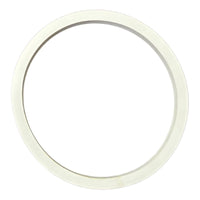
-
 Guillemin Parts
Guillemin Parts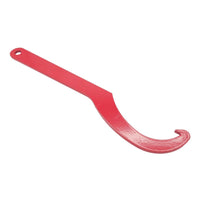
-
 Lever Lock Blanks
Lever Lock Blanks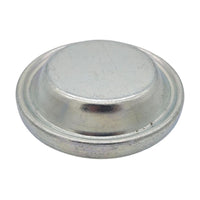
-
 Lever Lock Hose Tails
Lever Lock Hose Tails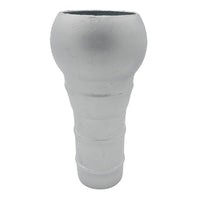
-
 Lever Lock Adaptors
Lever Lock Adaptors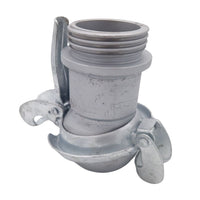
-
 Lever Lock Bends
Lever Lock Bends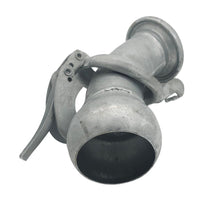
-
 Lever Lock Reducers
Lever Lock Reducers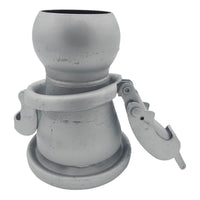
-
 Lever Lock Weld On
Lever Lock Weld On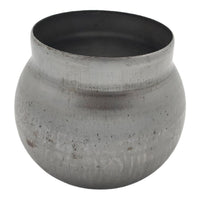
-
 Lever Lock Threaded
Lever Lock Threaded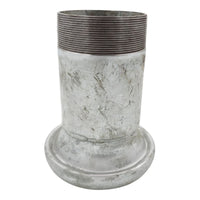
-
 Lever Lock T Pieces
Lever Lock T Pieces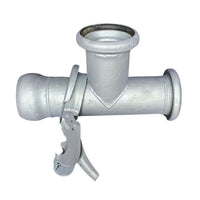
-
 Lever Lock Seals
Lever Lock Seals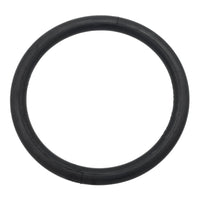
-
 Lever Lock Parts
Lever Lock Parts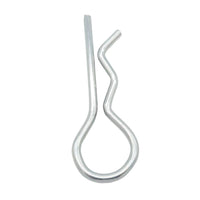
-
 RJT Blanks
RJT Blanks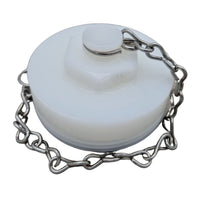
-
 RJT Hose Tails
RJT Hose Tails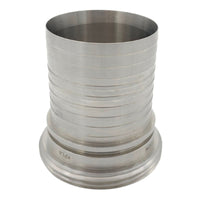
-
 RJT Adaptors
RJT Adaptors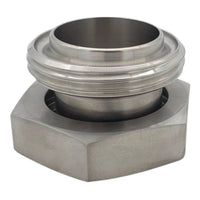
-
 RJT Reducers
RJT Reducers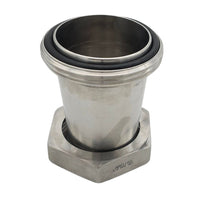
-
 RJT Bends
RJT Bends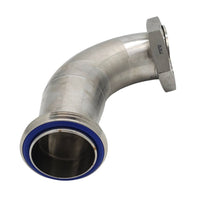
-
 RJT Seals
RJT Seals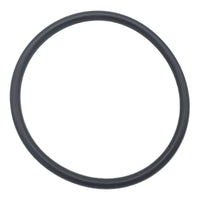
-
 RJT Parts
RJT Parts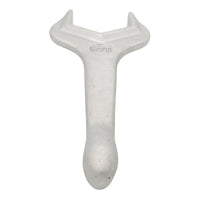
-
 DIN 11851 Blanks
DIN 11851 Blanks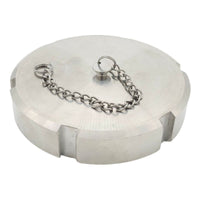
-
 DIN 11851 Hose Tails
DIN 11851 Hose Tails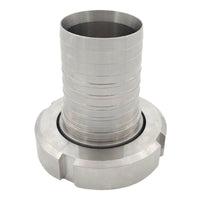
-
 DIN 11851 Adaptors
DIN 11851 Adaptors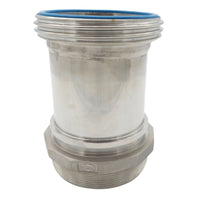
-
 DIN 11851 Reducers
DIN 11851 Reducers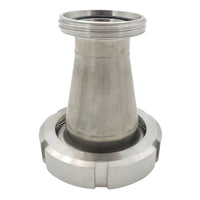
-
 DIN 11851 Weld On
DIN 11851 Weld On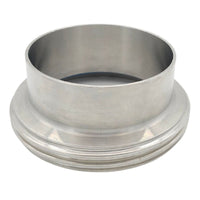
-
 DIN 11851 Seals
DIN 11851 Seals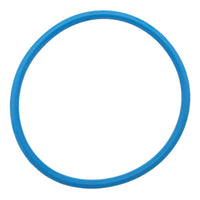
-
 Storz Blanks
Storz Blanks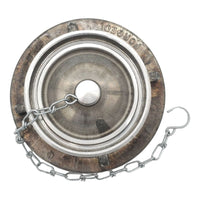
-
 Storz Straps
Storz Straps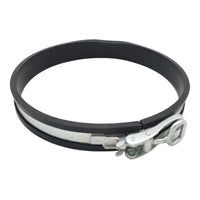
-
 Storz Hose Tails
Storz Hose Tails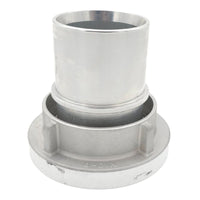
-
 Storz Bends
Storz Bends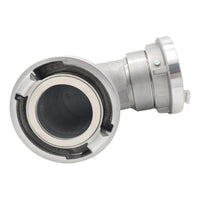
-
 Storz Adaptors
Storz Adaptors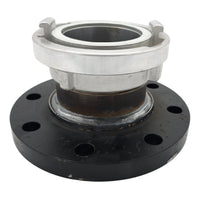
-
 Storz Threaded
Storz Threaded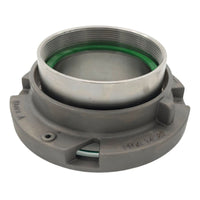
-
 Storz Reducers
Storz Reducers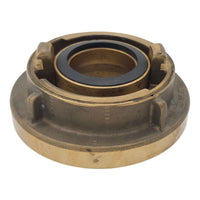
-
 Storz Seals
Storz Seals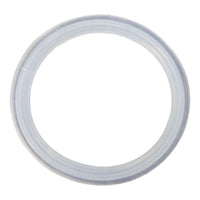
-
 Storz Spanners
Storz Spanners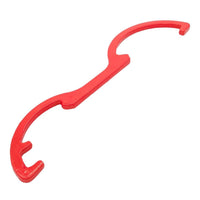
-
 Storz Parts
Storz Parts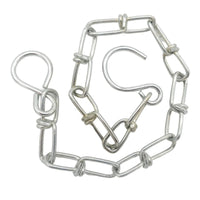
-
 Tank Wagon Blanks
Tank Wagon Blanks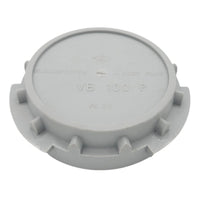
-
 Tank Wagon VK Males
Tank Wagon VK Males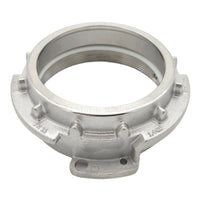
-
 Tank Wagon MK Females
Tank Wagon MK Females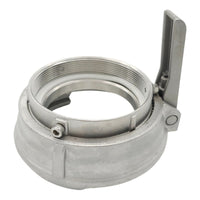
-
 Tank Wagon Crowns
Tank Wagon Crowns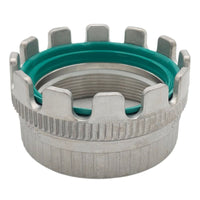
-
 Tank Wagon Locking Rings
Tank Wagon Locking Rings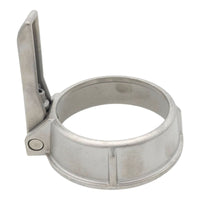
-
 Tank Wagon Seals
Tank Wagon Seals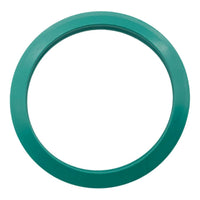
-
 Tank Wagon Parts
Tank Wagon Parts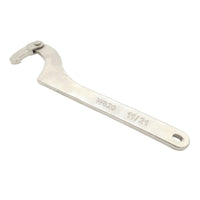
-
 Toggle Blanks
Toggle Blanks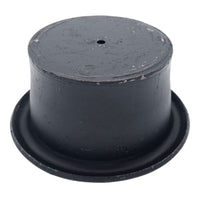
-
 Toggle Hose Tails
Toggle Hose Tails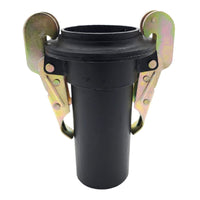
-
 Toggle Bends
Toggle Bends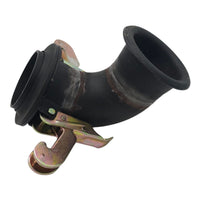
-
 Toggle Weld On
Toggle Weld On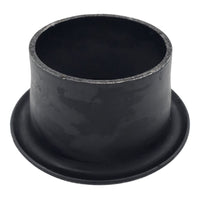
-
 Toggle Seals
Toggle Seals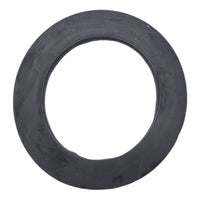
-
 Toggle Parts
Toggle Parts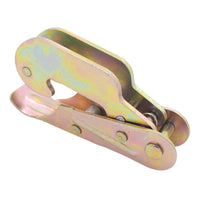
-
 URT Hose Tails
URT Hose Tails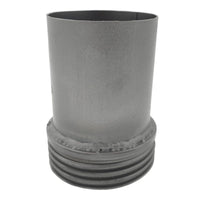
-
 URT Adaptors
URT Adaptors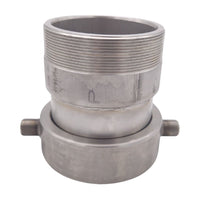
-
 URT Reducers
URT Reducers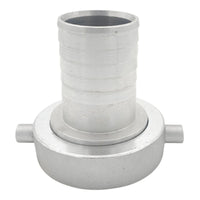
-
 URT Weld On
URT Weld On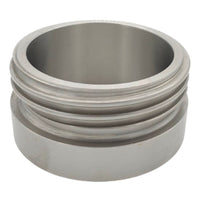
-
 URT Seals
URT Seals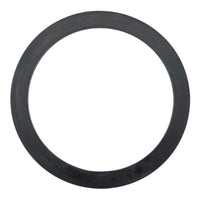
-
 URT Parts
URT Parts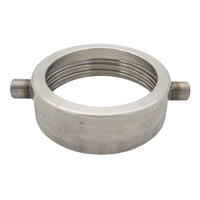
-
 Wilcox Blanks
Wilcox Blanks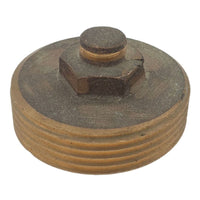
-
 Wilcox Hose Tails
Wilcox Hose Tails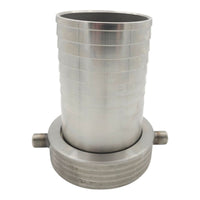
-
 Wilcox Adaptors
Wilcox Adaptors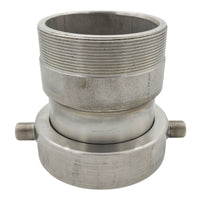
-
 Wilcox Weld On
Wilcox Weld On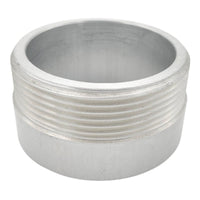
-
 Wilcox Seals
Wilcox Seals
-
 Wilcox Nuts
Wilcox Nuts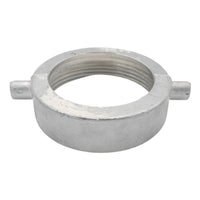
-
 Wilcox Parts
Wilcox Parts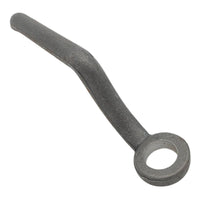
-
 Hose Carriers
Hose Carriers
-
 Valves
Valves
-
 Aeration & Filters
Aeration & Filters
-
 Bowls, Outlet & Discharge
Bowls, Outlet & Discharge
-
 Tanker Body Parts
Tanker Body Parts
-
 Chassis Body Parts
Chassis Body Parts
-
 Engine Parts
Engine Parts
-
 Hose Carrier Tubes
Hose Carrier Tubes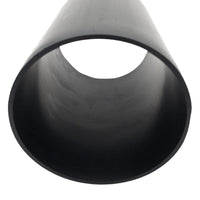
-
 Hose Carrier Doors
Hose Carrier Doors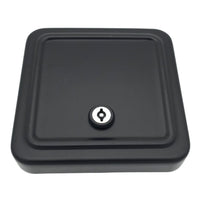
-
 Hose Carrier Blanks
Hose Carrier Blanks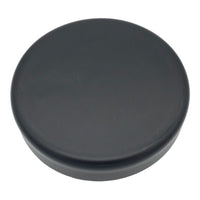
-
 Hose Carrier Brackets
Hose Carrier Brackets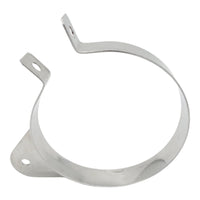
-
 Hose Carrier Locks
Hose Carrier Locks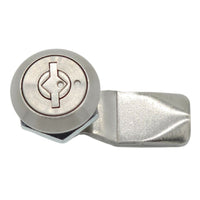
-
 Hose Carrier Keys
Hose Carrier Keys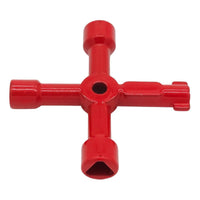
-
 Hose Carrier Accessories
Hose Carrier Accessories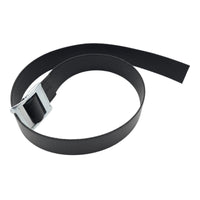
-
 Air Shut Off Valves
Air Shut Off Valves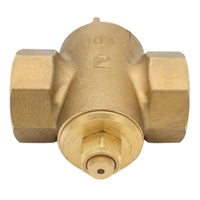
-
 Ball Valves & Accelerators
Ball Valves & Accelerators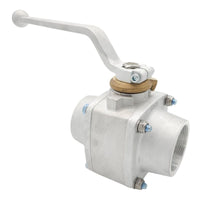
-
 Butterfly Valves
Butterfly Valves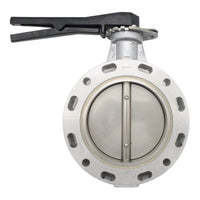
-
 Diaphragm Valves
Diaphragm Valves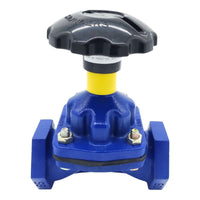
-
 Gate Valves
Gate Valves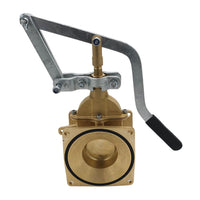
-
 Non Return Valves
Non Return Valves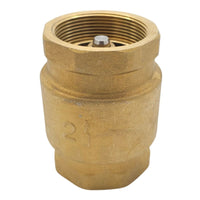
-
 Pinch Valves
Pinch Valves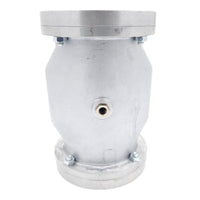
-
 Pressure Relief Valves
Pressure Relief Valves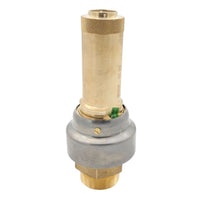
-
 Universal Joints
Universal Joints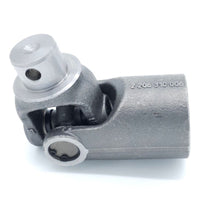
-
 Aeration Pads
Aeration Pads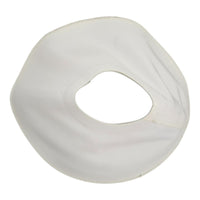
-
 Aeration Socks
Aeration Socks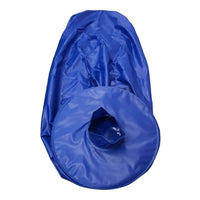
-
 Aeration Valves
Aeration Valves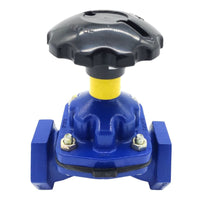
-
 Air Filters
Air Filters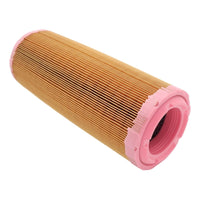
-
 Compressor Filters
Compressor Filters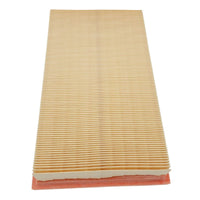
-
 Vent Silencers
Vent Silencers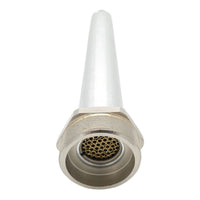
-
 Discharge Elbows
Discharge Elbows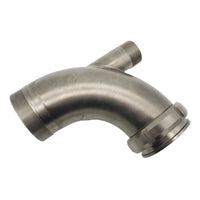
-
 Drain Pots & Outlet Connection
Drain Pots & Outlet Connection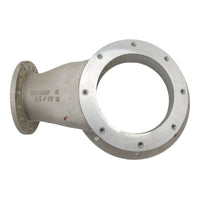
-
 Flanges
Flanges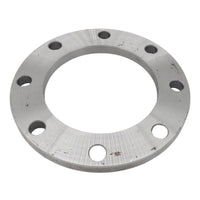
-
 Manlid & Accessories
Manlid & Accessories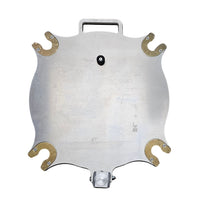
-
 Material Line
Material Line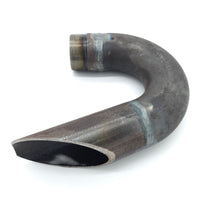
-
 Sight Glasses
Sight Glasses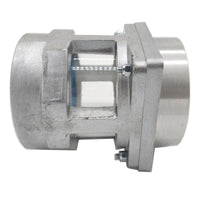
-
 Accessories
Accessories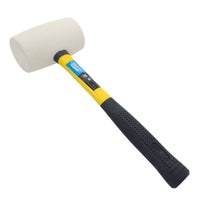
-
 Air Manifold
Air Manifold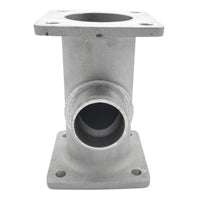
-
 Anti Static & Earthing
Anti Static & Earthing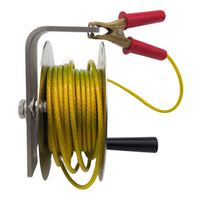
-
 Gas Struts & Pneumatic Cylinders
Gas Struts & Pneumatic Cylinders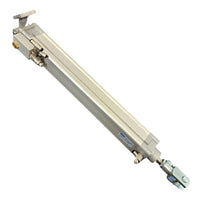
-
 Gauges & Thermometers
Gauges & Thermometers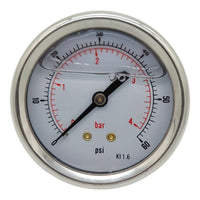
-
 Handrail & Catwalk Parts
Handrail & Catwalk Parts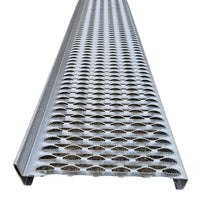
-
 Information Holders
Information Holders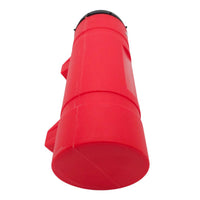
-
 Lighting & Electronics
Lighting & Electronics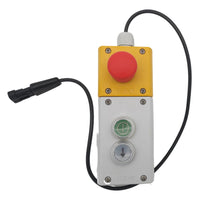
-
 Load Security
Load Security
-
 Locks & Catches
Locks & Catches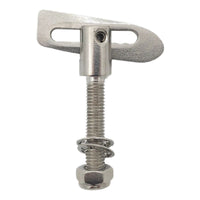
-
 Sensors
Sensors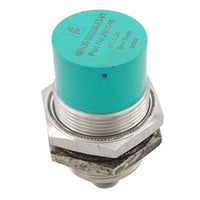
-
 Air Tanks
Air Tanks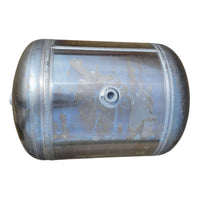
-
 Axle Catch Ropes
Axle Catch Ropes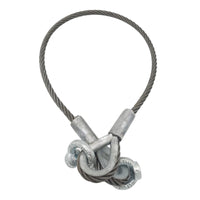
-
 Bumpers, Brackets & LED
Bumpers, Brackets & LED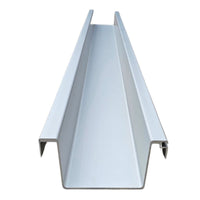
-
 Landing Leg Brackets
Landing Leg Brackets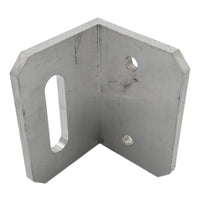
-
 Mudguards & Brackets
Mudguards & Brackets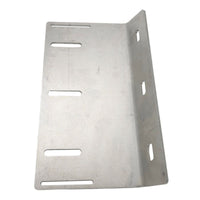
-
 Side Guards
Side Guards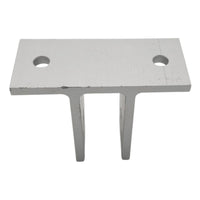
-
 Tool Boxes
Tool Boxes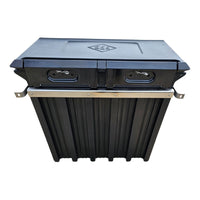
-
 Air Filter Indicators
Air Filter Indicators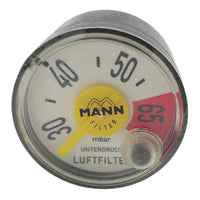
-
 Control Panel
Control Panel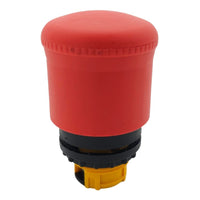
-
 Drive Couplings & Clutches
Drive Couplings & Clutches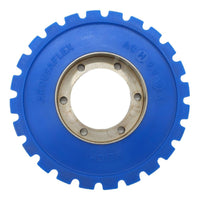
-
 Electric Tip
Electric Tip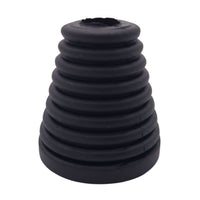
-
 Engine Mountings
Engine Mountings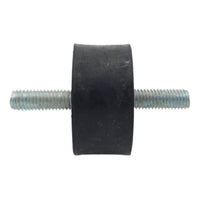
-
 Fuel Tanks
Fuel Tanks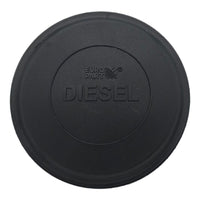
-
 Hand Throttle
Hand Throttle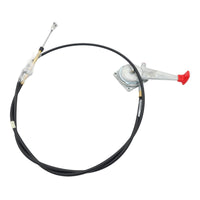
-
 JCB & Yanmar
JCB & Yanmar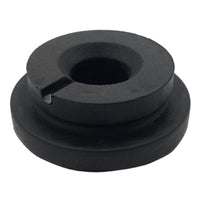
-
 PTO / Hydraulic
PTO / Hydraulic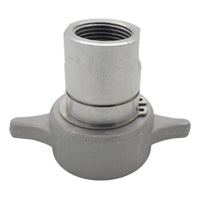
Liquid Hoses
Liquid hoses are versatile hoses used for transferring a wide range of liquids in various industries, including water, chemicals, fuels, and food products. They are made from different materials like rubber, PVC, silicone, and polyurethane, depending on their intended applications. Here are some of the benefits of using liquid hoses:
-
Versatility: Liquid hoses can handle a broad spectrum of liquids, making them suitable for diverse applications across multiple industries.
-
Customization Options: Liquid hoses come in various materials, sizes, lengths, and configurations, allowing you to choose the right hose for your specific needs. They can also be customized with specific fittings or accessories to enhance their performance and compatibility.
-
Chemical Resistance: Many liquid hoses are designed to resist various chemicals, making them suitable for applications involving acids, alkalis, solvents, or other corrosive substances.
-
Temperature Resistance: Liquid hoses can handle a wide temperature range, accommodating both hot and cold liquids. This makes them ideal for applications like steam transfer, hot water supply, or cold fluid transfer.
-
Flexibility: Liquid hoses are typically flexible, allowing for easy installation, routing around obstacles, and handling in confined spaces. Their flexibility also reduces stress on the hose and its connections, decreasing the risk of damage or leaks.
-
Durability: Liquid hoses are made from robust materials, making them resistant to wear, abrasion, and kinking. This ensures their durability and long service life, even under harsh operating conditions.
-
Safety: Properly designed and maintained liquid hoses help prevent leaks, spills, and other hazards associated with fluid transfer. They can also be equipped with safety features like anti-static wires, fire-resistant covers, or color-coded exteriors for easy identification.
-
Efficient Fluid Transfer: Liquid hoses enable efficient and controlled transfer of liquids, improving productivity and reducing labor costs compared to manual transfer methods.
-
Ease of Maintenance: Many liquid hoses are designed for easy cleaning and maintenance, ensuring efficient and reliable operation over time.
-
Environmental Protection: By preventing leaks and spills, liquid hoses help protect the environment from potential contamination.
It is essential to choose the appropriate liquid hose for your specific application, considering factors such as the type of liquid, operating temperature, pressure, and installation requirements. Proper installation, maintenance, and regular inspections are also crucial to ensure the safe and efficient operation of liquid hoses.

Subscribe to our emails
Be the first to know about our new products including hoses, couplings, clips, clamps & tanker parts.

